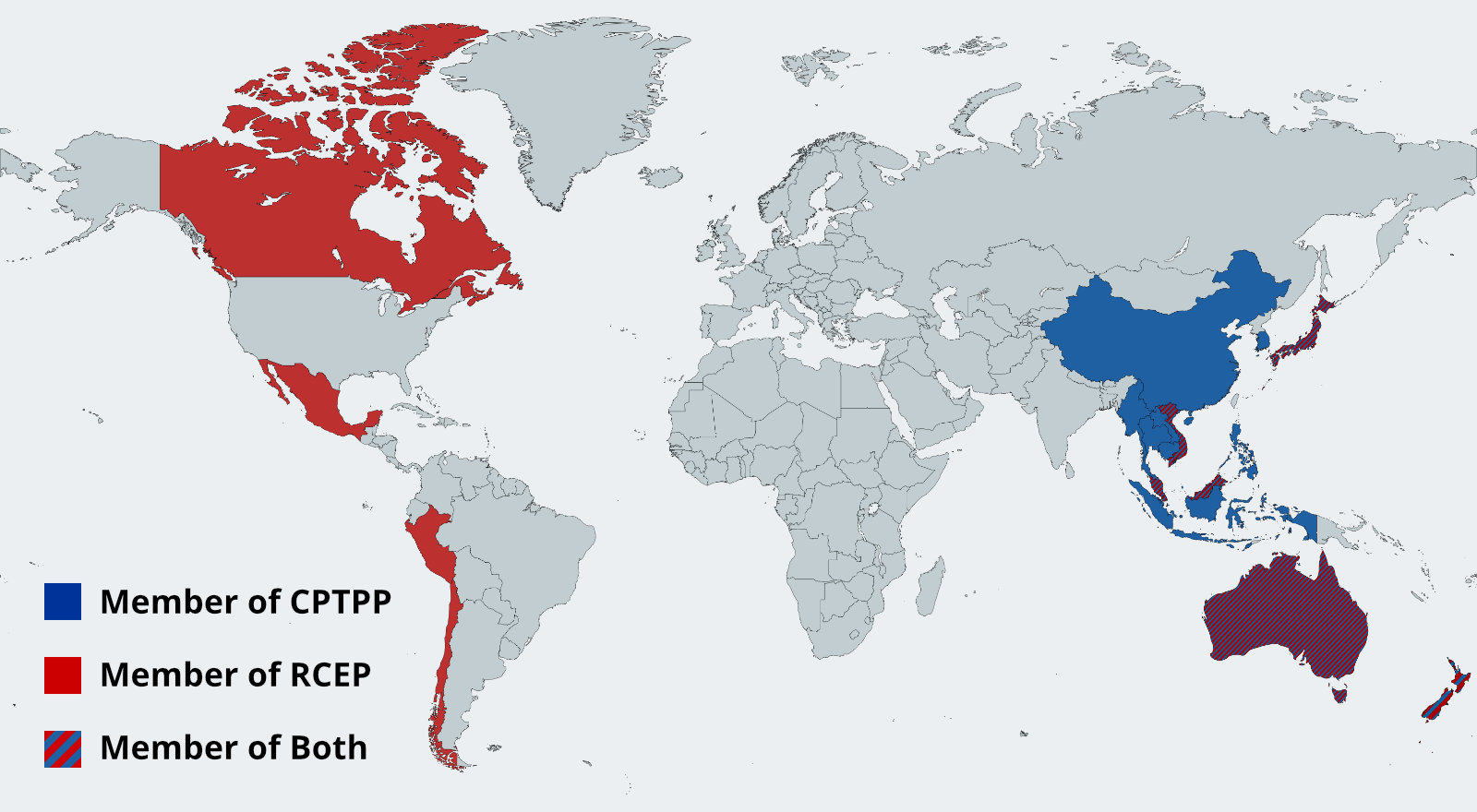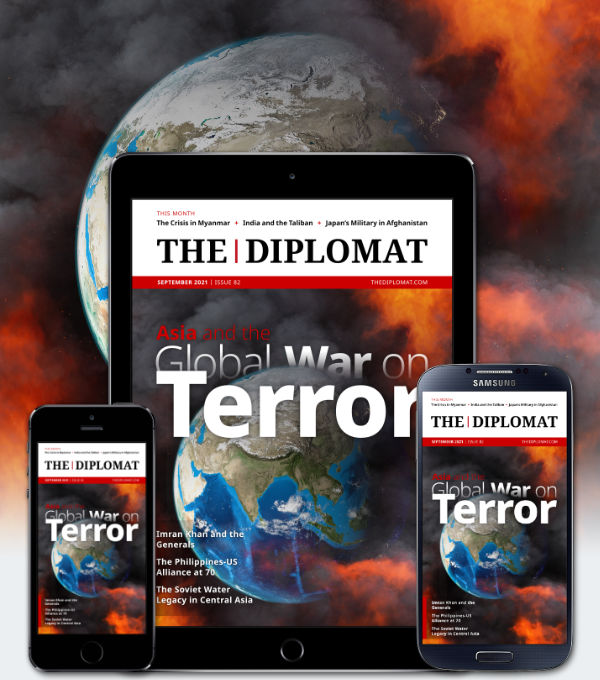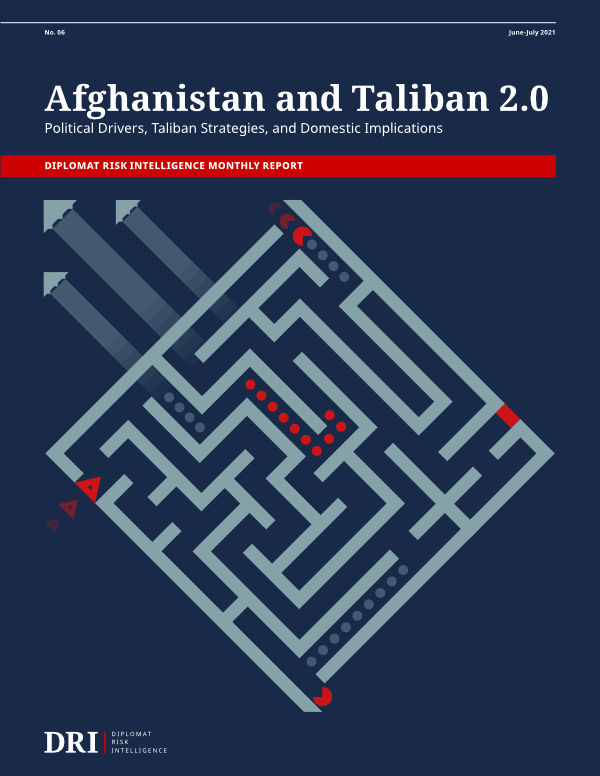| Welcome to the latest issue of Diplomat Brief. This week our top story looks at the rise of anti-China sentiment in South Korea, and how that trend might impact the 2022 presidential race. We also have an interview with Robert Ward, Japan chair and director of Geo-economics and Strategy at the International Institute for Strategic Studies, on Japan’s military role in the Indo-Pacific. |
| Story of the week |  | POLITICS Anti-China Sentiment and South Korea’s Presidential RaceWhat Happened: China’s image has taken a nosedive in South Korea in recent years, thanks to a toxic mix of bilateral tensions, Beijing’s crackdown on Hong Kong, and the pandemic. For the first time, a recent survey had China viewed less favorably by South Koreans than two perennial bêtes noires: North Korea and Japan. With a presidential race underway, how will the public’s turn against China play out in the political sphere? Our Focus: “The recent anti-China sentiment implies that South Korea is standing at a crossroads in its foreign policy,” write Thomas Chan and Seong Hyeon Choi for The Diplomat. “The next administration will either follow public opinion and implement a hardline policy against China or continue with its strategic ambiguity, despite the risk of public disapproval.” The Democratic Party of current President Moon Jae-in emphasizes steady relations with China, while the opposition PPP is more likely to “promote anti-China rhetoric as a major foreign policy idea.” What Comes Next: The leader in current polling, Lee Jae-myung of the Democratic Party, is widely viewed as pro-China. That puts him at odds with the majority of South Koreans, and the PPP will be keen to capitalize on that gap. Whether any candidate’s China policy will directly impact the race is hard to say, however – as is true around the world, domestic issues outweigh diplomatic ones for most voters. Still, South Korean public opinion will inevitably shape Seoul’s China policy, regardless of who the next president is. Read this story |
| Behind the News | INTERVIEW Robert WardRobert Ward, Japan chair and director of Geo-economics and Strategy at the International Institute for Strategic Studies, on Japan’s expanding military role in the Indo-Pacific: “Japan’s regional military role is circumscribed by its ‘peace constitution’ and domestic political constraints. That said, Tokyo has been highly active on multiple fronts trying to balance China’s rise on the one hand and play a greater role in the U.S. alliance on the other. Tokyo has, for example, expanded the range of countries with which it conducts military exercises.” Read the interview |
| This Week in Asia | Northeast Asia Taiwan’s KMT Elects a New ChairThe KMT, Taiwan’s main opposition party, will elect a new chair on September 25. The next candidate will leave his (yes, all the candidates are male) mark on Taiwan’s oldest political party as the KMT seeks to regain its former dominance. Of most importance to international observers, the frontrunners have different stances on cross-strait relations as well as the 1992 Consensus, making the chair race an important litmus test for the KMT’s China policy. Find out more | South Asia Modi Meets the QuadIndia’s Prime Minister Narendra Modi is paying a visit to the United States this week, pegged to the U.N. General Assembly session. That puts Modi in position to continue a flurry of diplomacy with India’s partners in the Quad – Australia, Japan, and the U.S. Modi has bilateral talks scheduled with the Japanese and Australian PMs as well as President Biden. And for the grand finale, in a follow-up to their virtual summit in March, all four leaders will meet on September 24. Find out more | Southeast Asia Vietnam’s President Departs for the United StatesNguyen Xuan Phuc, Vietnam’s president, is set to travel to the United States this week, following a state visit to Cuba. The purpose of Phuc’s visit, the first to the U.S. by a Vietnamese leader since January’s 13th National Party Congress, is to address the U.N. General Assembly in New York. But given that Phuc’s visit coincides with President Joe Biden’s first in-person meeting with the leaders of the Quad security partnership, there will likely be a host of opportunities for productive sideline meetings. Find out more | Central Asia Why Did Tajikistan Change Its Attitude on Afghan Refugees?In late July, various Tajik officials said the country was prepared to accept between 10,000 and 100,000 Afghan refugees. But the situation in Afghanistan deteriorated rapidly in August and Tajikistan changed its tune. While Dushanbe isn't welcoming of the Taliban government (unlike its neighbor Uzbekistan), it has fallen into line with Russia, Uzbekistan, and Turkmenistan in declining to host large numbers of Afghan refugees. Find out more |
| Word of the Week | SOCIETY KonfrontasiKonfrontasi, Indonesian for confrontation, refers to the undeclared war between Indonesia and Malaysia after the latter formed its federation in 1963. Find out more |
|  |





